
|
|
|
We are living in a time of great uncertainty. Life as we know it is being upended by coronavirus. You may be afraid of losing your job, of not being able to pay the rent or mortgage, of your elderly parents becoming ill ... of yourself becoming more isolated, more anxious, more depressed, more angry - and finding you have no way to deal with it.
0 Comments
The Coronavirus pandemic has brought a wave of complexity and difficulty into regular life. It's like a wrecking ball has destroyed a building we all thought was stable and would endure. The stress that comes as a result is real, and we have little choice other than to learn how to cope with it.
Here are some tips to get started. The Australian Psychological Society has published their "8 tops for thriving in the digital age." It's a helpful and practical guide to helping navigate the complicated and sometimes distressing needs of social media.
Perfectionism is something I see a lot as a therapist. While high standards and operating at your best are worthwhile goals, perfectionism can be a major impediment to living your life as you would prefer.
Forgiveness is being examined in mental health circles with increasing regularity, and the evidence that links forgiveness to mental health is becoming increasingly irrefutable. Forgiveness of others, forgiveness of self, and being forgiven by others are all linked in various ways to depression, particularly as we age. Developing and utilising forgiveness in therapy (and of course life!) is likely to be of great benefit.
Introverts are commonly and falsely considered to be shy or passive people, attempting to navigate the world with an imposing character flaw. Research has however repeatedly found that introverts are simply people who operate within a broad band of behaviours that are simply the way they operate, and in no way represent a flaw or negative way of being.
 A recent study finds that one of the key components to living a happier life is a habit most people don't often practice. 5,000 people were surveyed by the charity Action for Happiness, in collaboration with Do Something Different. They found an amazing thing – the item that most impacts on our ability to be happy, was the very thing people indicated they practiced least! What is that key habit? Contemporary society seems to be in the grip of a self-confidence crisis. I so commonly hear people report that they "have no self-confidence" or "have low self-esteem."
The response of many people to societal demands to be "confident," is to rush around doing constructive, visible things that can give us a sense that we have done what a "confident" person would, or that we've been noticed by others and praised, or that we can compare ourselves to others and feel somehow better than they are. This temporary ego inflation may make us feel good for a while, but it doesn't last. We end up in a cycle of ups and downs that is not only exhausting, but emotionally damaging as well. Ultimately it makes us fundamentally unhappy. One result of this damaging cycle are the innumerable clients who believe that they are "not good enough." |
Author
Chris is a Counsellor and Psychotherapist at Engage Counselling, Sydney Archives
April 2023
Categories
All
|
Contact: [email protected]
Engage Counselling: Personal and professional Counselling, Coaching and Psychotherapy for men in Sydney's Inner West, Newtown, Enmore, Stanmore, Marrickville, Camperdown, Chippendale, St Peters, Erskineville, Pyrmont, Darling Harbour, Balmain, Sydney, City, Broadway, Ultimo, CBD and surrounding suburbs.


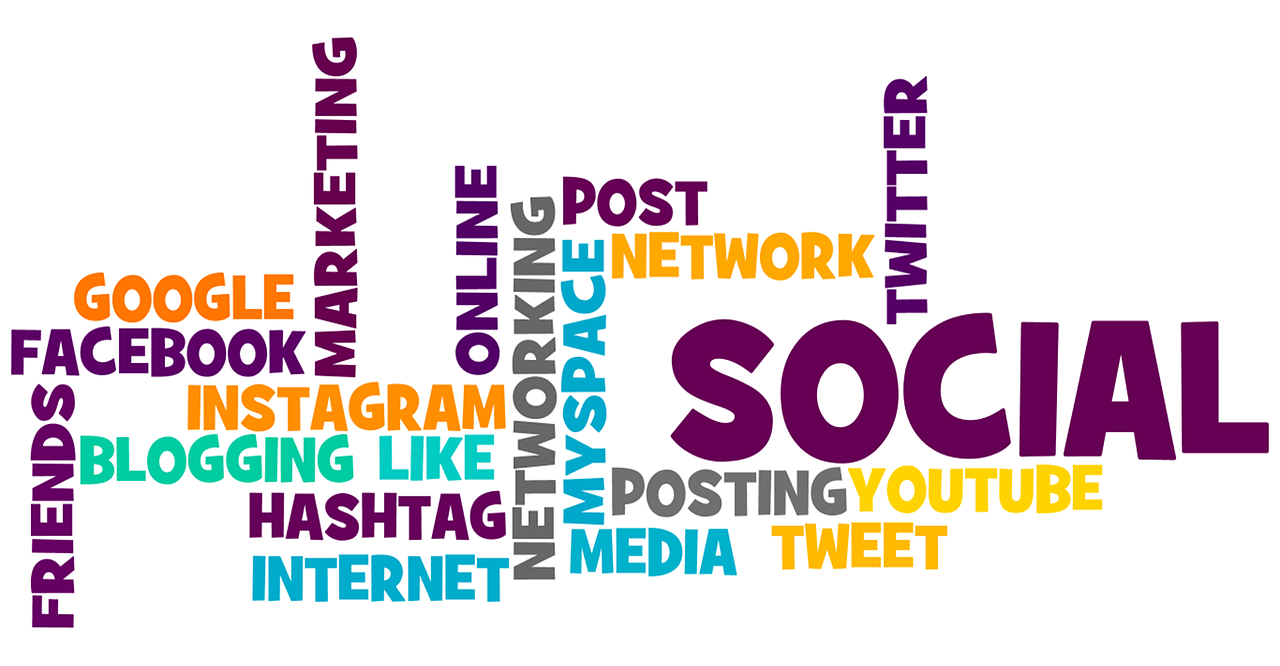
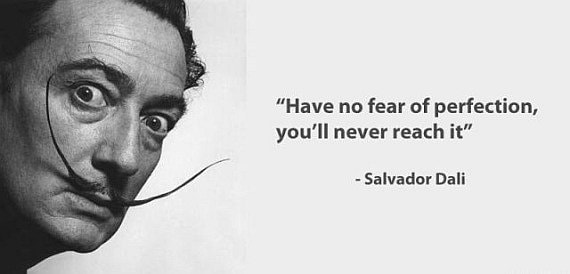
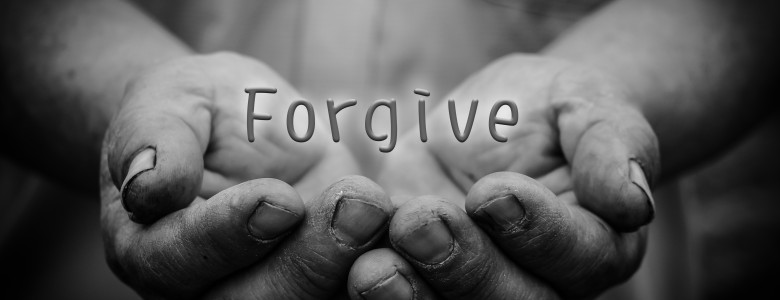
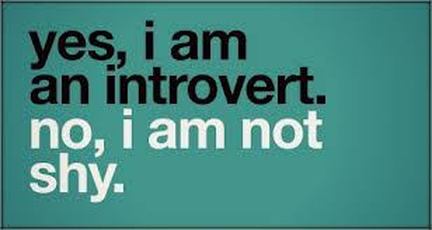

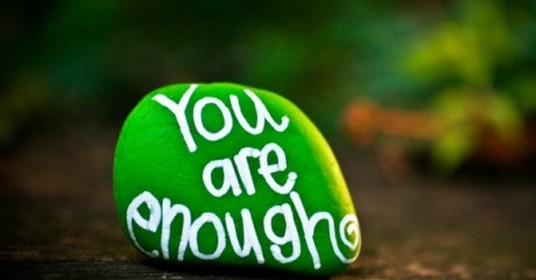
 RSS Feed
RSS Feed